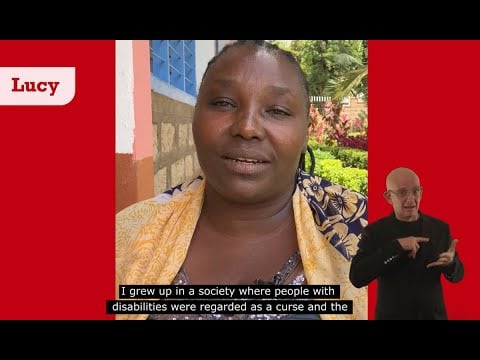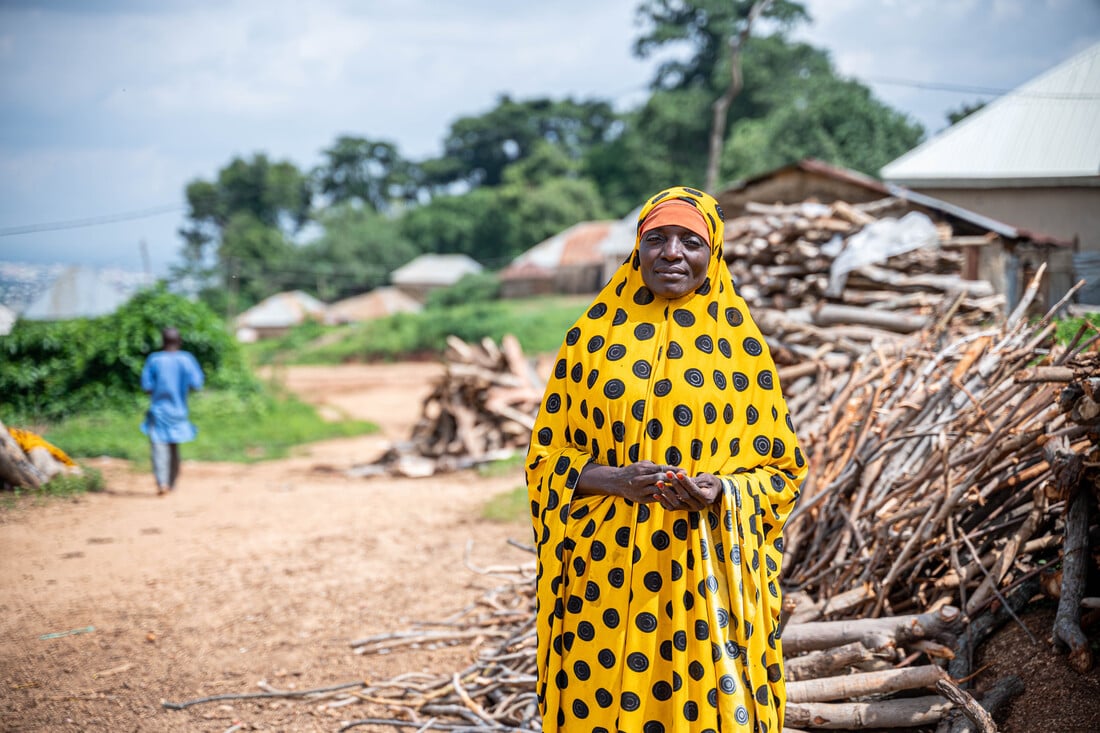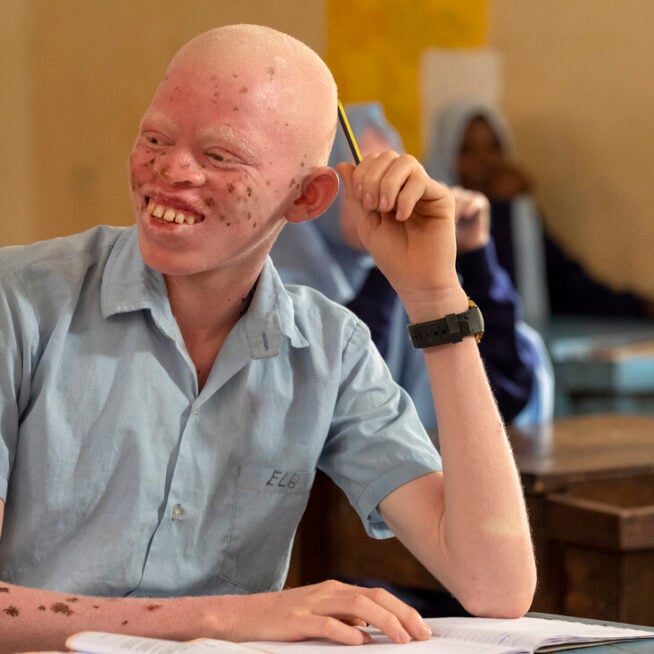Hear directly from Lucy about the impact of disability stigma and how we can all play our part in tackling it.
Ending disability stigma and championing inclusive mental health
Mental health conditions are the leading cause of disability worldwide. People living with mental health illness and psychosocial disability face stigma, discrimination, and a range of human rights abuses including exclusion from work, community life, and even the right to make important decisions for themselves.
Access to inclusive health and community-based services is critical for people with disabilities and is required by the Convention on the Rights of Persons with Disabilities (CRPD) and Sustainable Development Goals (SDGs).
Along with our local partners, we seek to end disability stigma and ensure the inclusive, equitable, and accessible delivery of mental health services.
We influence governments to strengthen policy, improve legislation and invest in mental health systems and community-based programmes. We also challenge exclusion and discrimination so that mental health and psychosocial support needs are recognised and addressed as part of a comprehensive approach in development to wellbeing and inclusion.
Ending Disability Stigma and Championing Mental Health Resources

Ending disability stigma and championing inclusive mental health
Disability stigma increases the likelihood of dependency on others, having a lower income, poorer health, and achieving a lower level of education:
- People with disabilities are sometimes locked up or hidden away from the public, limiting their access to work and productive livelihood opportunities.
- Children with disabilities may not attend school if parents and teachers see little value in educating them.
- If health workers hold discriminatory attitudes, people with disabilities may not receive treatment and therefore may stop seeking it.
This impacts upon individuals as well as their wider family and friends, putting great strain on their relationships. People sometimes internalise these false, negative beliefs resulting in self-stigma, and detrimentally affecting their emotional wellbeing.
Ending Disability Stigma
People with disabilities should be treated with dignity and be empowered to achieve their full potential.
Stigma reduction must be at the heart of all we do if we are serious about breaking the poverty-disability cycle and achieving inclusive societies. This means:
- Raising awareness to demystify disability
- Increasing the visibility of people with disabilities as active members of their communityand agents of change
- Peer to peer support can counter self-stigma
- The disability movement can lead the way, turning lived experience into meaningful response
This short video tells the story of stigma in the life of Mourine


